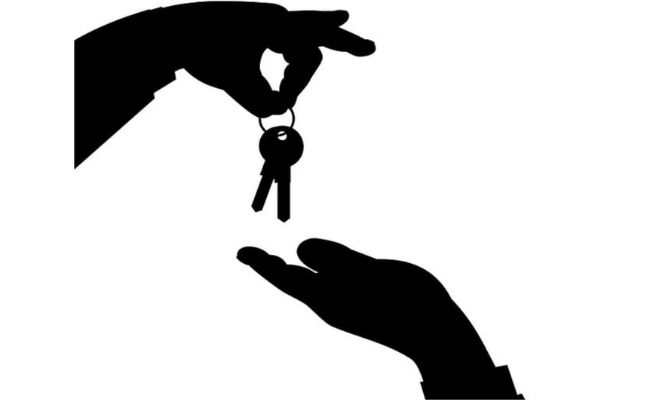Historically low interest rates have been the impetus for a homebuying frenzy that’s swept much of Canada, but it’s also presented a unique, if a once in a lifetime, opportunity for real estate investors.
In Toronto, the COVID-19 pandemic has softened demand in the condo rental market and left investors in straits. However, the Bank of Canada cut interest rates to historic lows in an effort to resuscitate the economy, giving investors an opportunity to refinance their mortgages and, in some cases, make lower monthly payments.
“Now they can unlock up to 80% of the appraised value,” said Daniel Johanis, a mortgage broker with Rock Capital Investments. “And, in some cases, the payments could be lower than their existing payments.”
The best time to refinance a mortgage is when it’s due for renewal, but with mortgage rates as low as they are, refinancing before term could be worth the outstanding penalty because of how much more equity can be unlocked, which could be redirected into tax-deducible portfolio growth.
“There are going to be buying opportunities as the market changes, so you can take advantage of it and take out money for tax deductible investments,” said Matt Elkind, a broker and co-founder of Connect.ca Realty. “If you take out an extra $100,000 from a refinance, because your property value is higher than when you bought it, you’re paying $210 per month tax deductible on interest.
“Whether it’s your primary residence or a cash flow positive income property, and you don’t need the income, you can use it to buy more investment properties and reduce your income for tax purposes.”
If an investor has $1,000 positive cash flow from an income property, they’re in the 50% marginal tax bracket, meaning if they make $12,000 a year from rental income, that’s only $6,000 a year after taxes.
“However, if an income property pays $1,000 per month towards debt, you’re giving up $500 a month after tax, or $6,000 a year, that you would have in your pocket, but now you could buy something for $200,000 that could make you more than the $6,000 in income that you lost,” said Elkind.
The unlocked equity can also be used to consolidate other debts, he added.
“Fundamentally, when money goes from 3% to 2%, the cost of $1 million goes down to $20,000 from $30,000, and you get an extra $500,000 for free. You want to make the money tax deductible.”
Neil Sharma is the Editor-In-Chief of Canadian Real Estate Wealth and Real Estate Professional. As a journalist, he has covered Canada’s housing market for the Toronto Star, Toronto Sun, National Post, and other publications, specializing in everything from market trends to mortgage and investment advice. He can be reached at neil@crewmedia.ca.









